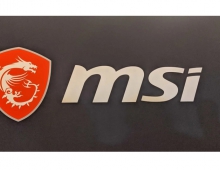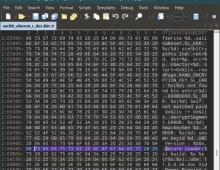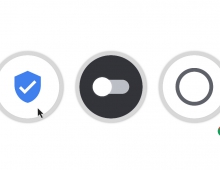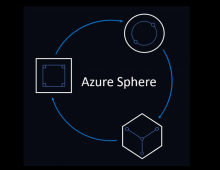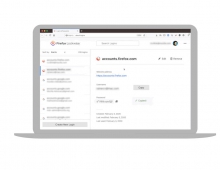
IE, Firefox, Chrome and Java "Pwned"
Java, IE 10, Firefox and Chrome went down by various competitors during the first day of the Pwn2Own competition held at the CanSecWest conference in Vancouver.
The basic winner is french security firm Vupen. Their team
successfuly compromised IE 10 on Windows 8 with two zero-days and achieved a full Windows 8 compromise with sandbox bypass; Firefox 19 on Windows 7 by using a use-after-free vulnerability and a brand new technique to bypass ASLR/DEP protection on Windows 7 without the need of any ROP (Return-oriented programming); Java 7 on Windows 7 by using a same unique heap overflow as a memory leak to bypass ASLR and as a code execution.
Oracle's Java was also "hit" by researcher James Forshaw and Accuvant LABS security research scientist Joshua Drake.
Researchers Jon Butler and Nils from UK-based MWR Labs managed to exploit the latest stable Google Chrome version on Windows 7 and then used a kernel bug to bypass the sandbox. The researchers showed an exploit against previously undiscovered vulnerabilities in Google Chrome running on a modern Windows-based laptop. By visiting a malicious webpage, it was possible to exploit a vulnerability which allowed them to gain code execution in the context of the sandboxed renderer process. The researchers also used a kernel vulnerability in the underlying operating system in order to gain elevated privileges and to execute arbitrary commands outside of the sandbox with system privileges.
In the second day of the contest, Vupen is scheduled to take on Flash, Pharm Toan will take a stab at IE 10, and George Hotz will be hitting Adobe Reader.
Oracle's Java was also "hit" by researcher James Forshaw and Accuvant LABS security research scientist Joshua Drake.
Researchers Jon Butler and Nils from UK-based MWR Labs managed to exploit the latest stable Google Chrome version on Windows 7 and then used a kernel bug to bypass the sandbox. The researchers showed an exploit against previously undiscovered vulnerabilities in Google Chrome running on a modern Windows-based laptop. By visiting a malicious webpage, it was possible to exploit a vulnerability which allowed them to gain code execution in the context of the sandboxed renderer process. The researchers also used a kernel vulnerability in the underlying operating system in order to gain elevated privileges and to execute arbitrary commands outside of the sandbox with system privileges.
In the second day of the contest, Vupen is scheduled to take on Flash, Pharm Toan will take a stab at IE 10, and George Hotz will be hitting Adobe Reader.

